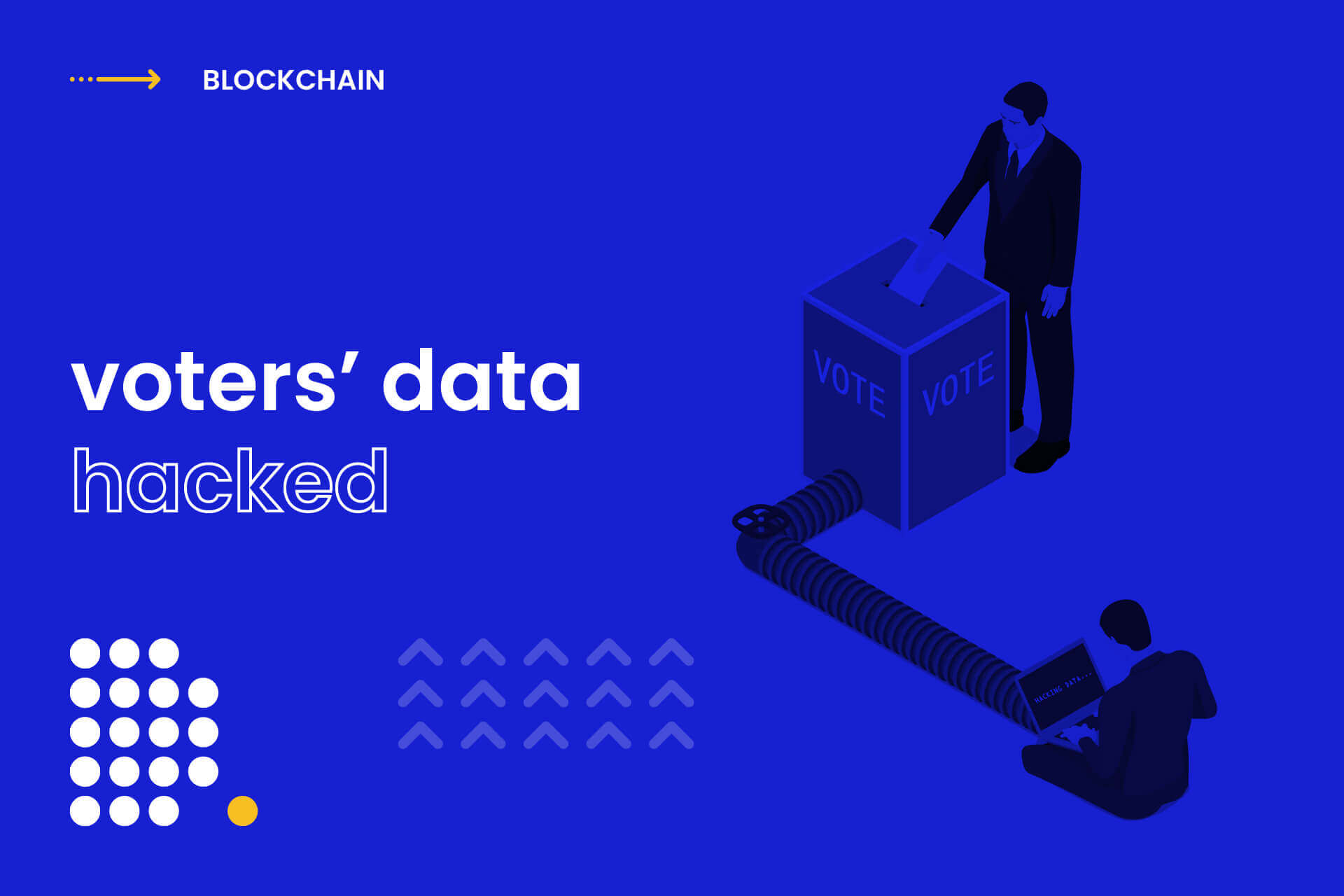
Although national elections in Russia come with offering prizes and cash for the voters, the latest poll on constitutional amendments turned in the other direction as voter’s private data became a source of profit itself.
Personal data of 1.1 million Russian voters are now on sale on the black market. All of the residents participated in the electronic blockchain voting on a symbolic referendum including 200 constitutional amendments this June.
The e-voting system was implemented via the blockchain technology, which was attacked soon after the voting started.
The stolen sensitive information includes passport numbers and series and is now sold for $1.5 each on the local public domains, reports Russian business newspaper Kommersant.
About 1.1 million numbers and series of voter passports were put up for sale on the darknet, each line valued at $ 1 wholesale and $ 1.5 at retail.
According to the newspaper, the passport numbers themselves are not valuable information. However together with data from the other leaked databases they may become a tool of implementing identity thefts used for malicious purposes like social engineering, money laundering, or terrorist financing.
The Kommersant also reported that the local government representatives have denied that the database of the leaked passport numbers appeared in the public domain. Nevertheless, the editorial office of the newspaper received evidence from the seller, which authenticity was confirmed by the leading Russian data loss prevention company.
What happened?
The referendum on constitutional amendments took place on July 1 in Russia and mainly aimed to create changes that allow President Putin to legally remain in power until 2036.
Since the law regulating the amendment of the Russian constitution does not require a popular vote, the so-called Putin’s referendum was implemented more as a symbolic act. The controversial poll, when the same persons were able to vote for a few times, ended with 78% approval. Kremlin’s critics claim the voting was rigged.
Sponsored
The electronic voting system adopted blockchain technology for the first time in history. However, it was attacked via the observer’s node during the first days of the online blockchain-based voting.
As Kommersant reports, the data leaks become more frequent cases in Russia, as state IT resources are poorly protected, meanwhile the authorities are lacking interest in information security.
